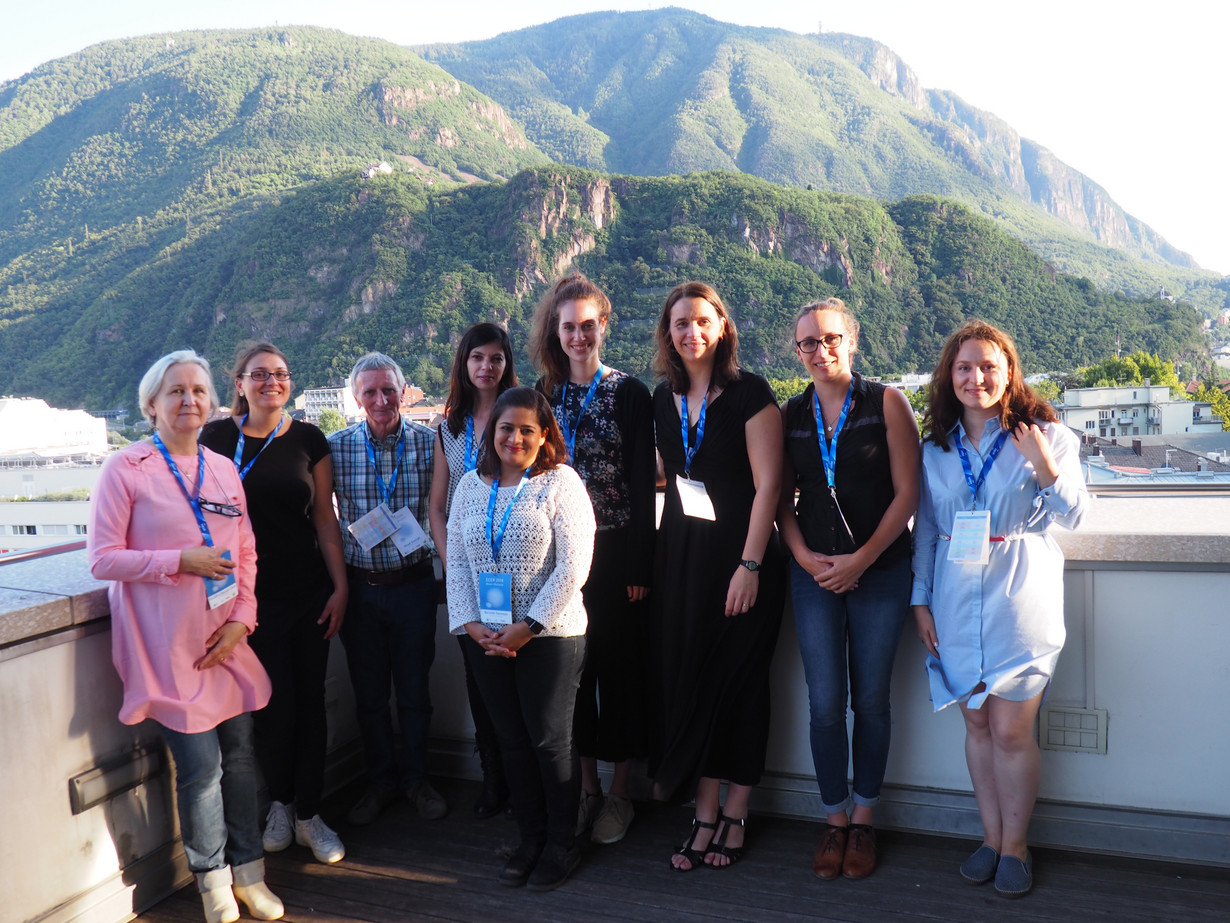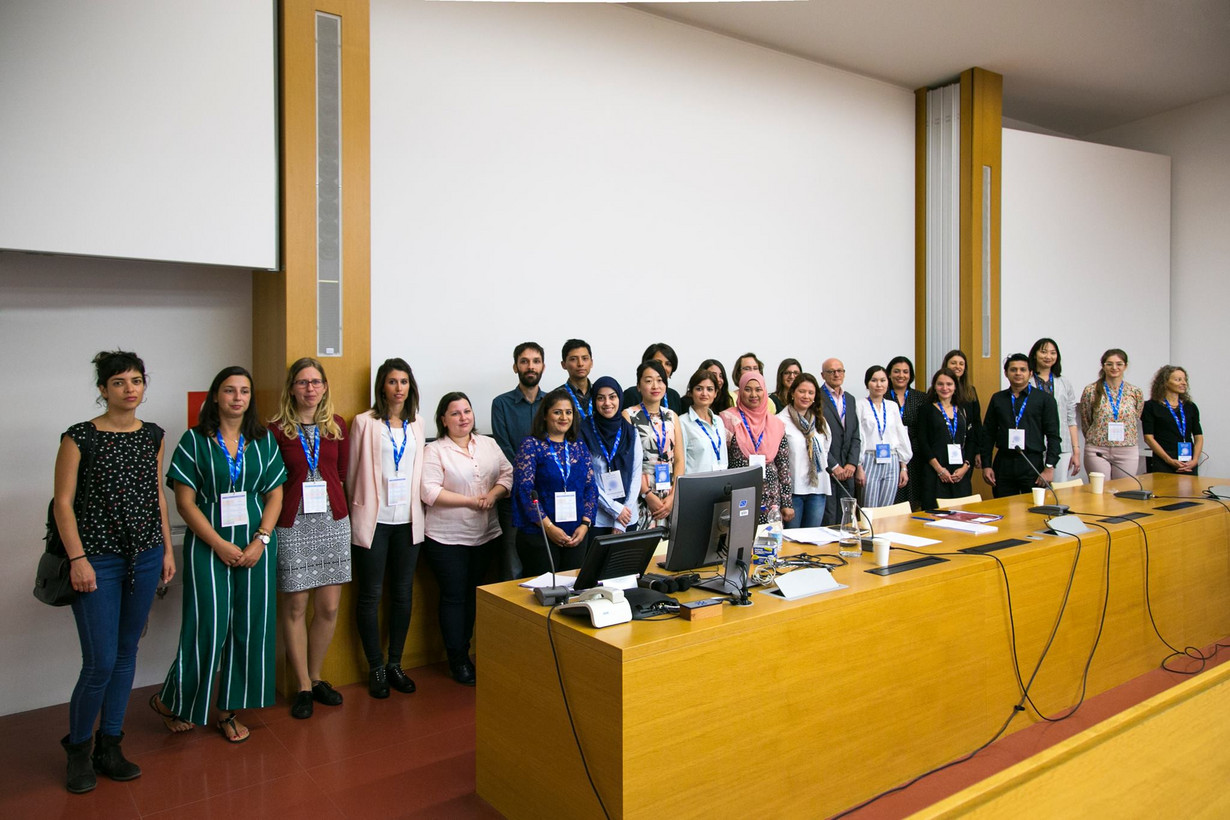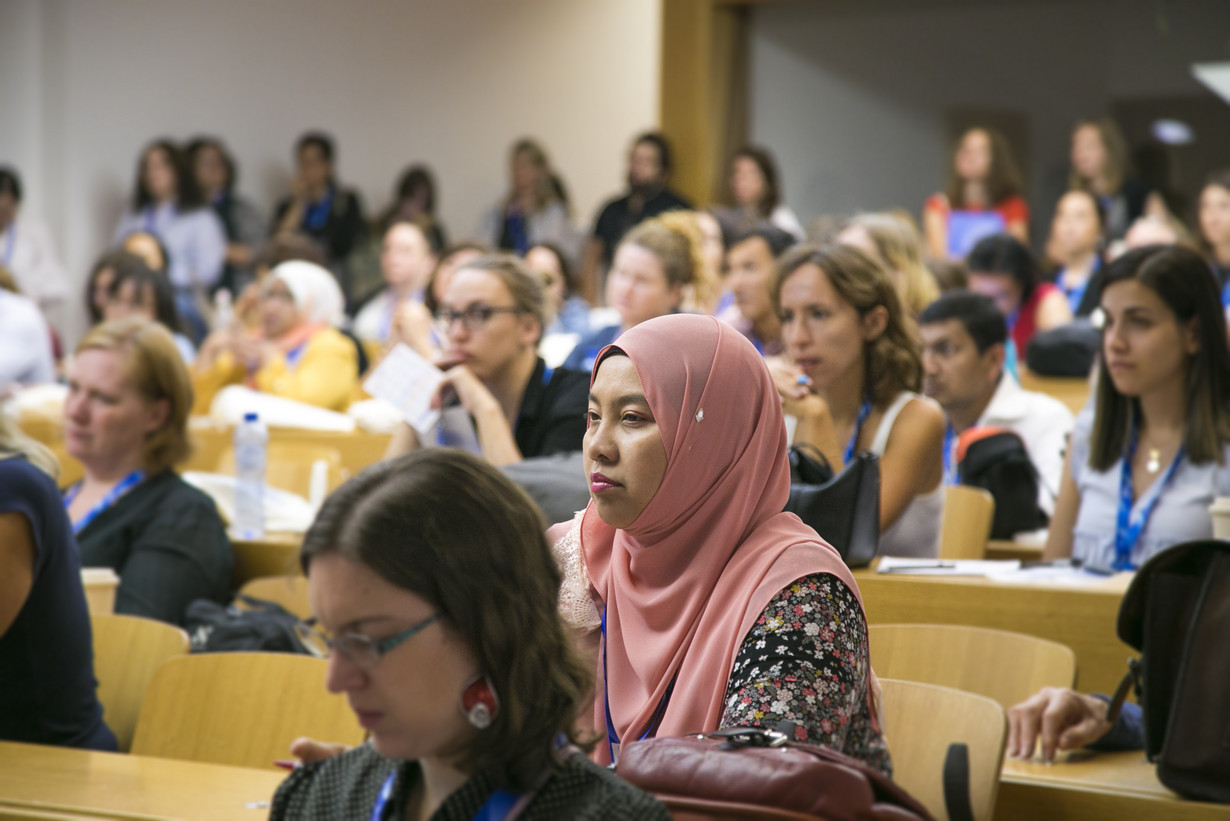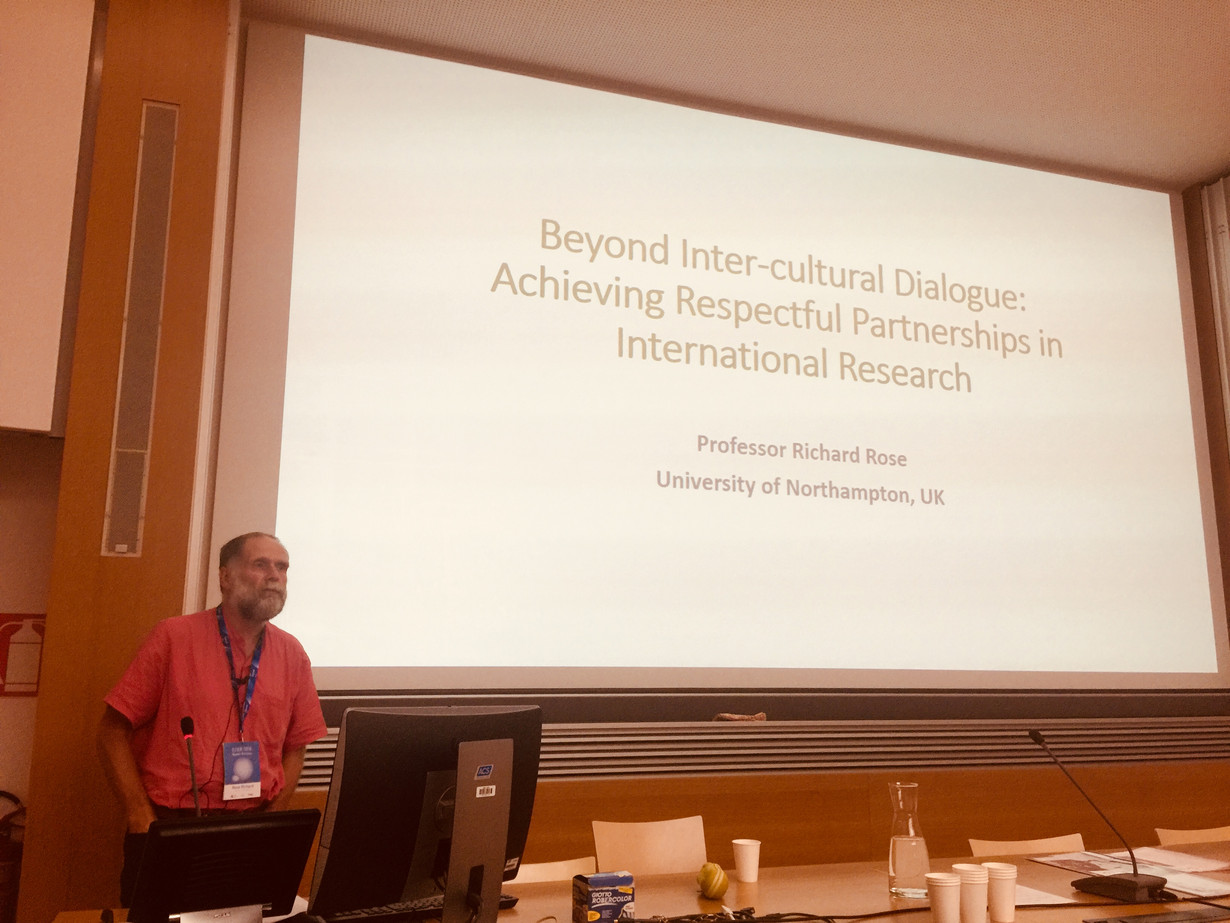Annual Report 2018, Bolzano




ERC2018 was made possible by 243 individual presenters across 76 sessions.100 reviewers contributed to double-peer reviews of 241 submissions. Moreover, the ERC had the support of 70 different chairs during the two days of the Conference. There was one well-received Network workshop by NW 20: Research in Innovative Intercultural Learning Environments. The workshop was pertinent and timely for emerging researchers, as it discussed ‘What is interculturality as related to being an Emerging Researcher, reflected and exemplified from a Network 20 perspective – contemporary issues and concerns in Research in Innovative Intercultural Learning Environments’. There were three additional capacity-building workshops on 'How to defend your thesis within the thesis: thinking, doing, writing'; on 'Writing for your Research Community, Writing for the EERJ'; and a new one that was run for the first time during ERC2018 'Networking DIY? Strategies for early career researchers'. 40 sessions had between 11-30 participants in them and 6 sessions had more than 50 participants. Thematic focus of the presentations, as with all ERCs, ranged from across the range of networks. A second level of analysis of second network preferences reveals the top three networks as NW:4 Inclusive Education; NW: 10 Teacher Education Research; and NW:7 Social Justice and Intercultural Education. Session feedback/return slips indicated exceedingly positive comments about how well-prepared presenters were. The Emerging Researchers‘ Group has also produced comprehensive guidance notes around chairing/mentoring during the ERC. This guidance has been developed by an emerging researcher about what they would like to get out of the conference, thereby upholding the developmental and supportive ethos of the ERC.
Additionally, at ERC2018, we piloted the “Lunch break with Local Academics” for the first time. Despite a few practical challenges, the idea and atmosphere were great. The idea was very well perceived and liked. The feedback overall was extremely positive from those that attended: both emerging researchers and the Local Academics. They said it was a great way to “break the ice” and also learn about some local specificities and interesting facts. The informal setting allowed for this to happen particularly well. Improving the practical challenges we would really suggest doing this again next year. The ERG co-convenors also played a key role in the ERG activities and ERC 2018 schedule. They helped to facilitate discussions during the ERG meeting about ERC participants’ experiences. These included the elements of the ERC that have been useful so far, as well as suggestions for specific areas of development and further initiatives that can meet participants’ needs. Participants’ responses were themed and will feed into developments for ERC2019.